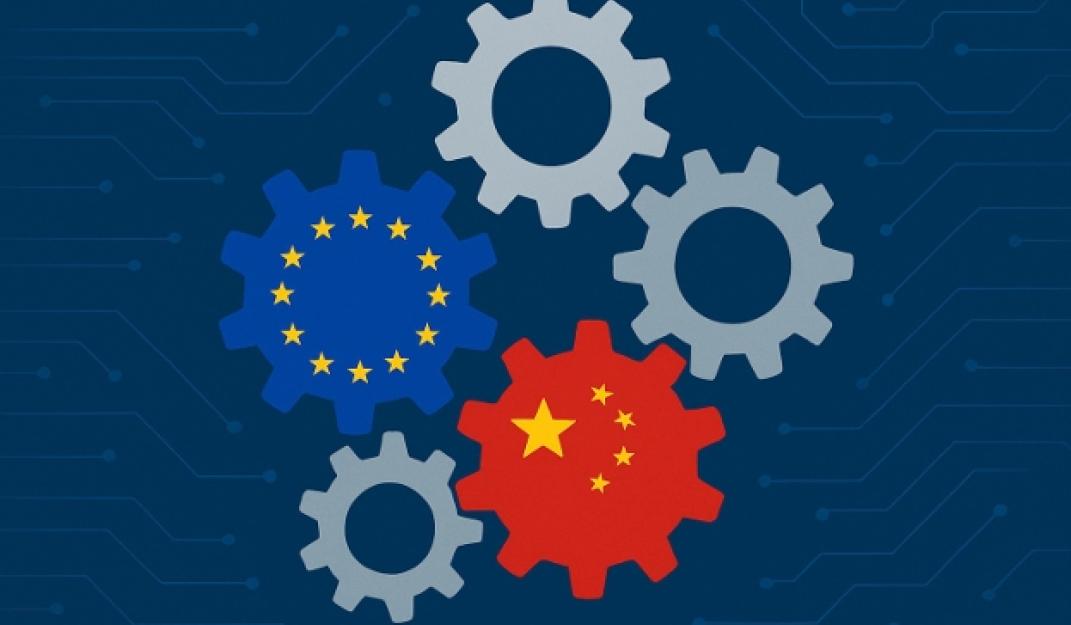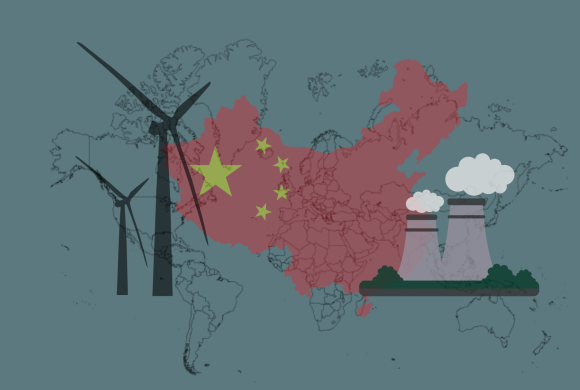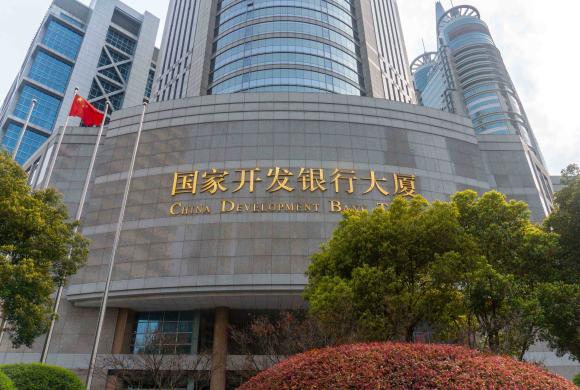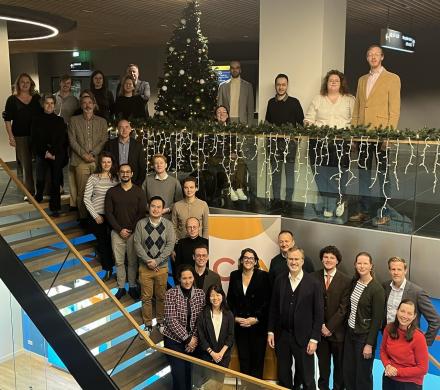#39 Standardisation with Chinese Characteristics?

In short
- This report argues that Europe must see standardisation not as a niche technical field, but as a key site of geopolitical contestation and opportunity
- Europe has historically occupied a central position in international standardisation
- China has aligned industrial champions, state institutions and global diplomacy behind a shared objective: embedding Chinese standards in the global economy of tomorrow
- This report proposes a blueprint for action on standardisation along programming, promoting, protecting, partnering and process. These parallel paths should help reorient the stance of the EU and its Member States on standardisation
The Missing Pillar in Rebooting Europe’s Industrial Policy
Standardisation is emerging as a strategic battleground in global technological competition. Once confined to the realm of technical experts and engineers, standard-setting now plays a central role in shaping industrial ecosystems, global trade, interoperability, innovation flows and dependencies embedded in digital infrastructures and applications, ranging from 5G to AI chips and from steel quality to digital public passports. As the geopolitical dimension of technology becomes more pronounced, the ability to influence standards is a key driver to competitiveness and sovereignty.
Europe has historically occupied a central position in international standardisation, starting from the founding of the Geneva-based International Telecommunications Union (ITU) way back in 1865. While the European Standardisation Strategy of 2022 signalled newfound political attention on the topic, the current posture of the EU and its Member States remains out of step with the pace and coordination of other global actors – mainly China. Through an integrated strategy that connects domestic industrial policy and foreign affairs through long-term planning, China has transformed from a reactive standards-taker into a proactive standards-maker since 2018. Initiatives such as ‘China Standards 2035’, in tandem with the Belt and Road Initiative, have enabled China to align industrial champions, state institutions and global diplomacy behind a shared objective: embedding Chinese standards in the global economy of tomorrow.
The European Union and its Member States remain largely reactive. Despite a strong base in research, industry and international engagement, the EU’s 2022 standardisation strategy still lacks key implementation steps. Its approach is fragmented, under-resourced and slow to align technical influence with broader economic and political goals. As a result, Europe risks ceding control over future rule-making processes in areas ranging from digital communications to automotive chips. This report argues that Europe must see standardisation not as a niche technical field, but as a key site of geopolitical contestation and opportunity
About the authors
Alexandre Gomes is a Research Fellow at the Netherlands Institute for International Relations ‘Clingendael’ in The Hague, where he is part of the EU and Global Affairs Unit and of the ‘Geopolitics of Technology and Digitalisation’ programme. His research focuses on the role of technology in geopolitics.
Maaike Okano-Heijmans is a Senior Research Fellow at the Netherlands Institute for International Relations ‘Clingendael’ in The Hague, where she leads the ‘Geopolitics of Technology and Digitalisation’ programme. She is also a Visiting Lecturer in the Master of Science in International Relations and Diplomacy (MIRD) programme of the University of Leiden.
Miriam Sainato is a former Research Assistant at Clingendael’s EU and Global Affairs Unit, where she contributed to the Geopolitics of Tech and Digitalisation programme.
Niels ten Oever is an Assistant Professor in the European Studies department and Co-Principal Investigator of the Critical Infrastructure Lab at the University of Amsterdam. He is also Coordinator of the ‘Tech, Power, and Policy’ theme group at the Amsterdam Centre for European Studies and Visiting Professor at the Centro de Tecnologia e Sociedade at Fundação Getúlio Vargas in Rio de Janeiro.
Susann Lüdtke has a doctoral degree in economics. She was a research fellow at the University of Trier and the University of Würzburg. Dr. Lüdtke worked for Bosch and Siemens Household Appliances (BSH) in China and as a consultant for the automotive industry and for patent data analytics and IP management. In 2025, she launched Lüdtke Intelligence Analytics – L.I.A., consultancy services in high-tech standards and emerging disruptive technologies.
China Knowledge Network
The Dutch China Knowledge Network (CKN) is a network established to involve China experts and disseminate knowledge within the government of the Netherlands and beyond.Our key task is to connect various angles of research and events to better understand China’s motives, policies and vision to develop more effective policies and better advise social partners. The secretariat of the knowledge network has been assigned to think tank Clingendael together with LeidenAsiaCentre. They will function primarily as ‘knowledge brokers’, matching the supply and demand of knowledge.

Clingendael Institute
Clingendael is an independent think tank and a diplomatic academy, based in The Hague - City of Peace and Justice. We aim to contribute to a secure, sustainable and just world through our analyses, training and public debate. We work with partners across public and private sectors, including policymakers, members of the armed forces, diplomats, politicians and business executives.




